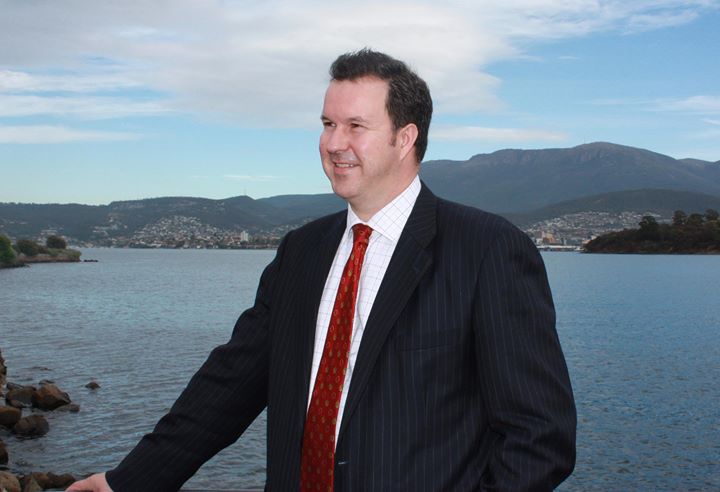
The Abbott government has flatly rejected fresh demands from the Opposition, the Greens and unions for more information on the activities of the National Commission of Audit (NCOA) after Coalition Senators accused the majority of members of a Senate Select Committee looking into the review of successfully trying to stall it.
A fiery dissenting report issued by government Senators David Bushby, Dean Smith and Sean Edwards claims that the probe set up to grill and extract information from participants was set up “with the aim of disrupting the important and urgent work of the commission.”
“Unfortunately, the committee has indeed managed to affect the work of the commission and contributed to the two week delay for its interim report,” the dissenting report said.
The hard line stance from the government on strictly limiting the release of information comes as the public service braces for what are anticipated to be deep cuts to numbers in the May Budget that will be closely followed by an apparent bid to either freeze public sector wages or pare back conditions.
The chair of the Select Committee, Greens Senator Richard Di Natale, has openly accused the government of using a “rigged” process for the NCOA and labelled it an ideological vehicle.
“The Senate Committee has found that the economic assumptions that underpin the terms of reference are flawed. The commission only has a mandate to look at spending cuts but the bulk of evidence to the Senate Committee indicated that government spending was stable. If there is a problem with the budget it is largely a revenue problem,” Senator Di Natale said.
A key element in the Abbott government’s justification of the limited release of information is that it is needed because the NCOA’s findings and recommendations will feed into the May Budget.
However there is growing frustration in policy and business circles that the government’s understandable desire to keep a tight grip on the NCOA’s release of information has extended as far as not publishing public submissions from interested parties on its own website.
Although Commissions of Audit vary in their administrative machinery from other policy consultation processes, the lack of a centralised list of non-confidential submissions makes it materially harder for those observing or participating in discussions to gain a window into what has already been said – and what may be missing.
One concern known to have been raised is that the omission of a list of submissions from the NCOA’s Spartan website gives – intentionally or otherwise – the impression that public debate and discussion on key issues is being deliberately restricted.
Another worry is that a potentially a high degree of unnecessary overlap and repetition in submission content could unintentionally act to limit the quality and diversity of ideas being put forward.
Even so, there has been no shortage of ideas landing in the NCOA’s mailbox. More than 120 organisations, companies and interest groups have lodged submissions alongside another 39 made by individuals.
While peak bodies, think tanks and policy groups feature prominently, so too do suppliers to government including global technology companies.
One intriguing group submission listed comes from Google, PwC and Cisco Australia that have an obvious interest in promoting digital government as a means to lower costs and improve citizen engagement service delivery.
Searches of the internet using the world’s most popular search engine for Google’s joint submission have so far proved fruitless.
Technology companies operating in Australia are now treading warily around making public policy statements around technology, especially since the change in government resulted in changes to the rollout of the National Broadband Network that will now use the copper-based “Fibre to the Node” as a deliver mechanism rather than wiring homes directly with optical cable.
Another reason for caution is that the Abbott government and its Communications Minister Malcolm Turnbull are also actively considering how to generate receipts as well as savings from the technology industry.
Both the Australian government and members of the G20 last week took a renewed interest in the digital era phenomenon of profit shifting by multinational tech companies to tax havens that has started to erode the revenue base of developed economies.
The Organisation for Economic Co-operation and Development is set to provide the G20 with a report on the effects on taxation revenue of the digital economy by September 2014.





Leave a Reply